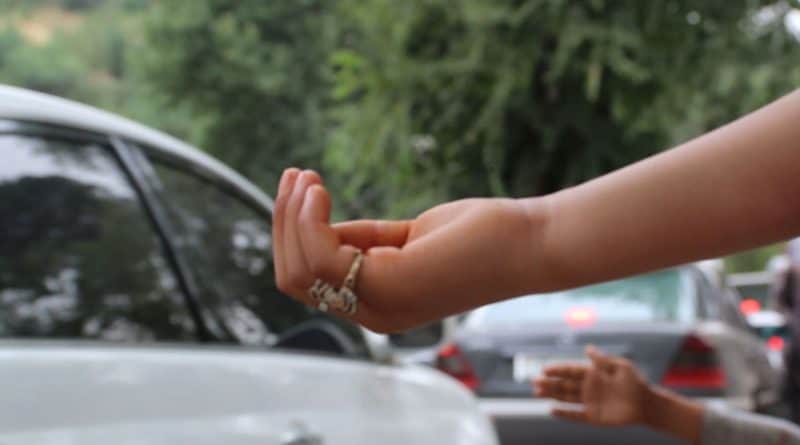Uzbekistan: ethnic groups are deprived of state support in quarantine period
Several tens of thousands of mugats were in the most vulnerable position when quarantine was introduced in the country. This is evidenced by the study of the Humanitarian Legal Center (an unregistered public organization from Bukhara).
The head of the Center, Shukhrat Ganiev, considers the situation with the ethnic group as critical. “In our monitoring, conducted after the official announcement of the so-called self-isolation regime, the Center identified and grouped several of the most vulnerable groups in the study regions. Among other social groups and strata, we put mugats, who faced serious problems, what to do and what to live for.”
The focus of the study was on the mugats of Kashkadarya and Bukhara regions. According to unofficial data, at least 7 thousand families live in the regions. Having regard to the fact that mugats’ families are large (7-8 children are not uncommon), tens of thousands of people make a community that the state practically does not control and does not help.
“Mugat” is the self-name of the Central Asian gypsies. They traditionally occupy lower niches in society in terms of income and exist due to the collection of recyclables: waste paper, used clothes and non-ferrous metal. Women are engaged in begging, which corresponds to the centuries-old culture of mugats. This model of existence requires constant movement around settlements, and today, due to strict observance of quarantine, it is de facto impossible.
“The Center conducted a series of conversations with representatives of mugats. The separation from the opportunity to earn today has put many low-income families on the brink of survival. This circumstance sharply raises the question of their inclusion in the category of those most in need of food and clean water. Mugats are deprived of their freedom of movement and, as a rule, do not receive social benefits and pensions. Of course, women, children and the aged become the most vulnerable,” says Shukhrat Ganiev.
The closeness, which is typical for this ethnic group, the specific attitude to personal hygiene and the unwillingness to see doctors can cause foci of the spread of coronavirus. This circumstance requires close attention from the state as part of the prevention and elimination of COVID-19.




